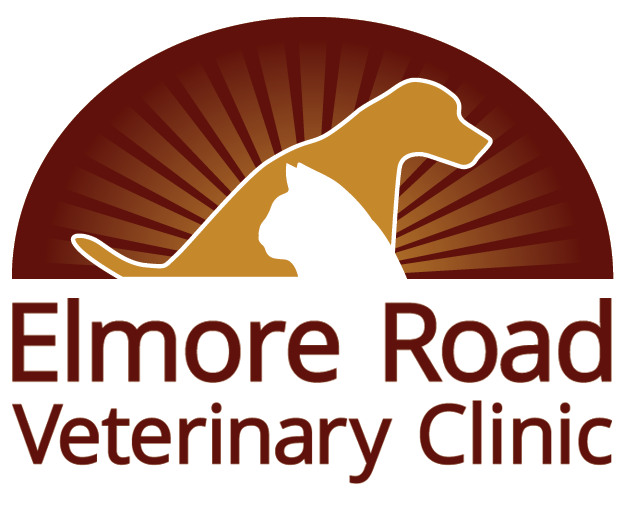Cold Weather Safety Tips for Pets
Like it or not, winter has settled in, and winter conditions can be dangerous for pets. But, if you take the proper precautions, a winter wonderland can actually be a fun place for you and your pet to spend time together.
Don’t leave pets out in the elements
Many people assume that since animals are covered in fur, they will be safe out in the cold, rain, or snow. This is not true, and tragic instances of pets dying from frigid temperatures occur every year.
While it’s good for your pet to get out and exercise during the winter, he should never be left out in the cold for long periods of time. If temperatures fall below 32 degrees, pets left outside are in danger of life-threatening hypothermia. Remember to take wind chill into account, as frigid gusts can make the air feel much colder.
Bundle pets up for outdoor time
Short-haired dogs can get too cold, even if just venturing out for a short while. Wrap your pooch in a sweater or coat to keep him warm during winter walks and bathroom breaks.
For those instances when the ground is frozen and icy, ice can accumulate between your pet’s toes, causing discomfort and even frostbite. It’s a good idea to keep hair trimmed short between the toes so ice cannot cling to it. If your pet will tolerate them, booties can also be used to protect the paws.
Avoid ice
Ice is slippery, and even pets can slip and hurt themselves. Older pets with arthritis who are not as steady on their feet are at particular risk of falling. Sprains, strains, and broken bones can be the unfortunate result of accidents on the ice.
Always keep your dog on a leash while walking. Ice-covered ponds and lakes can blend into the surrounding ground when covered in snow and ice and often cannot be identified as a danger. If your dog accidentally ventures out onto the ice, he can easily fall through into frigid water and drown.
Use pet-safe ice melt products
Many ice-melt products can be dangerous for pets. Pets who walk on these products can pick them up on their fur and paws, then come inside and groom them off. Most ice melt products are made of salt compounds and can cause potentially severe gastrointestinal distress if small amounts are ingested. If large amounts are eaten, however, salt toxicity can occur, causing dangerous electrolyte and mineral imbalances. Some types can also cause local irritation to the skin upon contact. Use a pet-friendly ice melt product, and always wipe your pet’s paws off after a winter walk.

Keep pets away from antifreeze
Antifreeze is used to keep cars from freezing up during the winter months. The products that contain ethylene glycol are extremely toxic to pets—as little as a teaspoon can be deadly to cats and small dogs. Antifreeze products containing propylene glycol offer a safer alternative, and should be used instead. Unfortunately, antifreeze is sweet and sticky, making animals think it’s a treat. If antifreeze is spilled or found in the garage by a curious pet, he will likely lap it up. Shortly after ingestion, your pet may experience:
- Vomiting
- Diarrhea
- Increased thirst and urination
- Depression
- Loss of coordination
After initial symptoms pass, animals may seem to recover, however, acute kidney failure follows shortly after. Within 12 to 36 hours of ingestion, the kidneys begin shutting down, eventually leading to death. An antidote for ethylene glycol toxicity is available, but it is only effective if administered shortly after symptoms appear. If you think your pet may have been exposed to ethylene glycol-containing antifreeze, seek immediate medical care.
Check the engine before starting your car
A warm car engine offers a tempting spot to curl up for outdoor cats and other small animals. Sadly, moving engine parts can cause significant trauma, broken bones, or even death if a sleeping cat gets caught up in them. Before starting your car, bang on the hood or honk the horn to startle animals that may be hiding out.
Questions about keeping your pet safe during the winter months? Give us a call at 662-253-0274.

